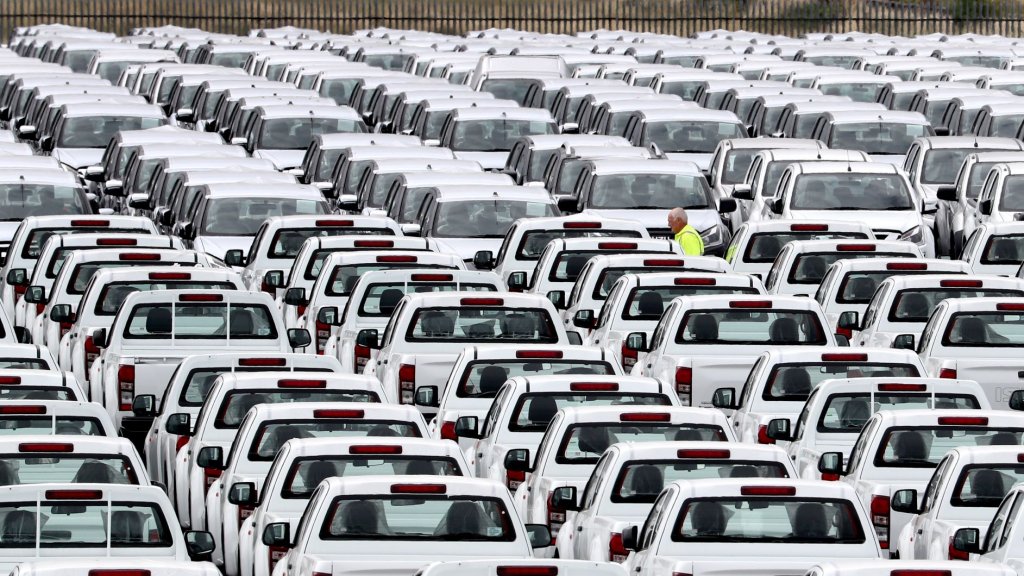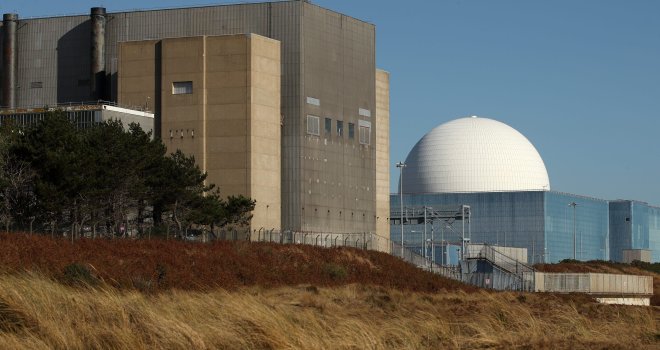Brexit Deal Too Little, Too Late For UK Automotive Industry

When Boris Johnson finally thrashed out a deal with EU representatives this week, the nation collectively groaned a sigh of relief. The UK will not be crashing out of the single market on January 1st under WTO rules.
However, critics are saying that the deal is too little, too late for the country’s ailing car industry, already hit hard by COVID-19.
Ever since the results of the referendum became apparent in 2015, manufacturers have been scaling down their operations in the UK.
Nissan based in Sunderland, BMW, and Mini in Oxford, and Toyota in Burnaston have all been looking for markets outside the UK to begin producing vehicles because of the risk of high tariffs with the EU.
Even under the new deal struck by Johnson and his team doesn’t mean that UK automakers are out of the woods. At the moment, the deal only allows some UK-made vehicles to qualify for tariff-free exports, putting many jobs at risk in the midlands and northeast.
Towns like Swindon and Liverpool which are so highly dependent on the auto industry could see declining standards of living. And support firms that offer things like powder coating systems may have to look elsewhere for a steady supply of business.
The widespread exodus of the auto industry appears to be off the cards now. International manufacturers are unlikely to withdraw all operations from the UK over the coming months. But 860,000 high-skill, decent-paying working-class jobs could be on the line.
Carmakers generated a massive £42.7 billion for the economy in 2019 before COVID-19 hit, providing the government with a major source of revenue.
Some Companies Are More Likely To Leave Than Others
While no carmaker has announced that it will be pulling operations out of the UK permanently, some are more likely to do so than others.
Nissan, for instance, is keeping a close eye on the shape of the deal before making a decision about where it will locate. According to the Japanese automaker, the prospect of remaining in the northeast was already bleak.
But with the decision by the firm not to make its new line of cars at its Sunderland plant, the future for UK Nissan workers looks even bleaker.
Honda says that it is also going to close its only UK plant next year. And Toyota says that it is considering cutting back on some of the models that it makes in this country, depending on the effects that Brexit has on the economy.
Smart car manufacturers are waiting and seeing what’s going to happen and the final shape of the UK’s trading position. Britain has a deal with the EU, which will relieve both importers and exporters.
But it is also now free to trade as it wants with other countries. That could make the UK into a kind of “Singapore on Thames” many Brexiteers championed when a no-deal exit looked more likely.
New car companies could soon enter the UK market too if it offers favourable regulation versus EU states.




